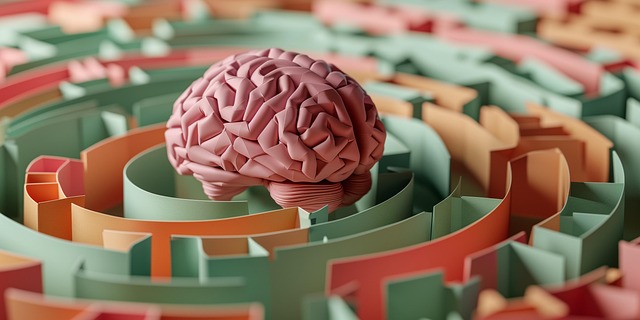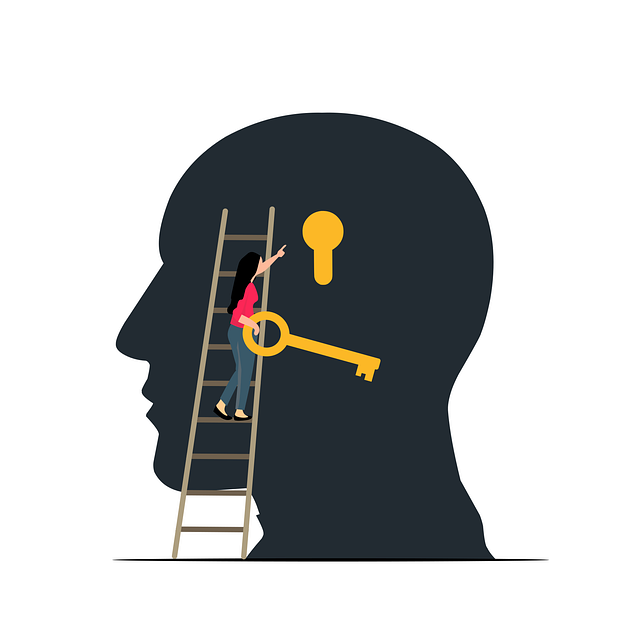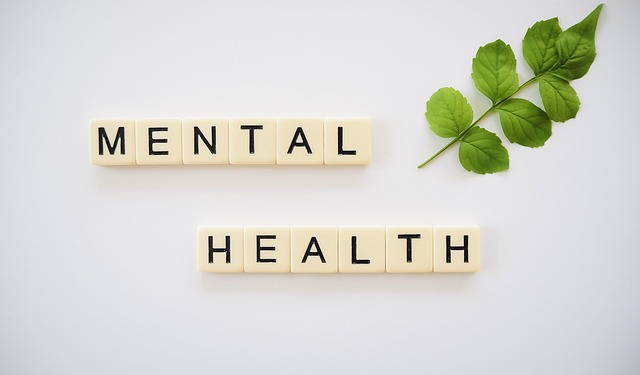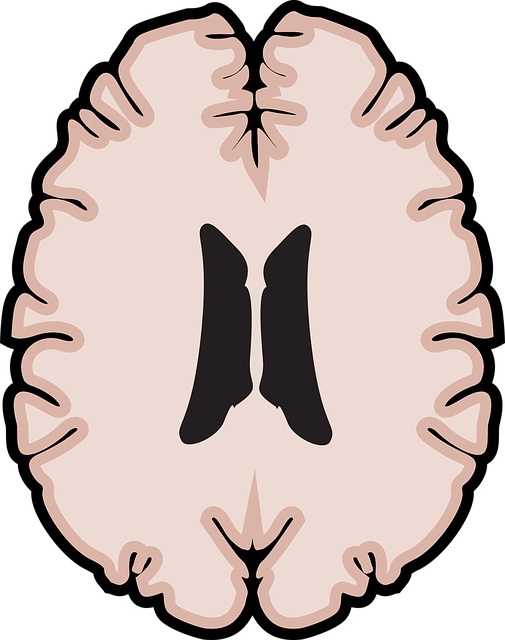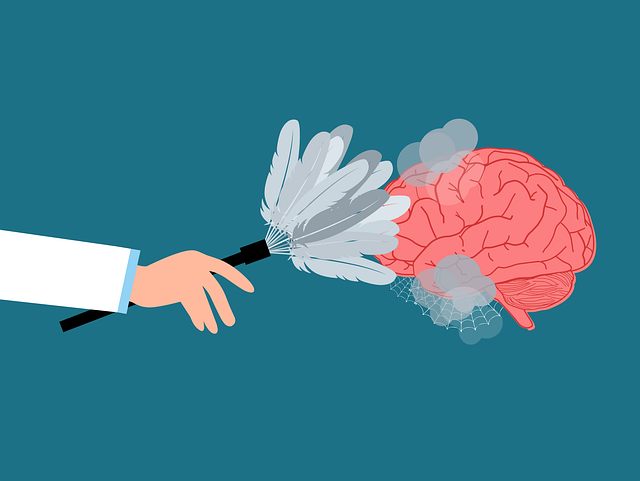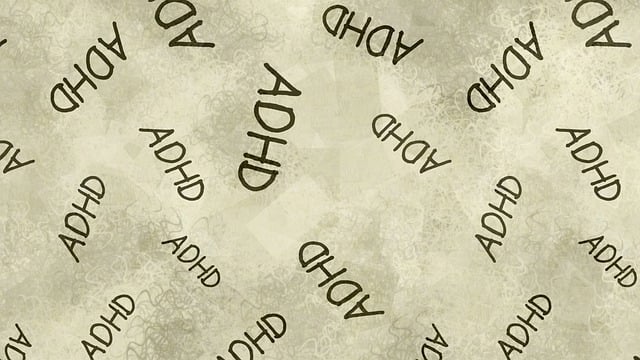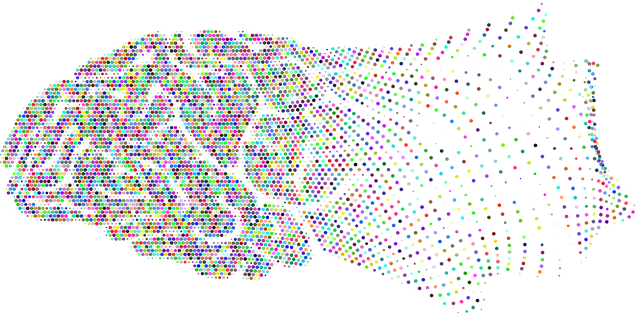Mental health advocacy for young children with ADD/ADHD focuses on early intervention through education, training healthcare providers, and integrating compassion cultivation. This approach breaks down barriers, reduces stigma, and ensures timely therapy evaluations. Effective therapies like CBT enhance focus and impulse control, while support systems including community outreach programs connect families to vital resources. Local communities and national campaigns promote mental health awareness, normalizing discussions around emotional intelligence for optimal child development.
Mental health advocacy plays a pivotal role in fostering early intervention and supporting vulnerable young minds. This article delves into the essential aspects of mental health activism, focusing on its impact on children with Attention Deficit Disorder (ADD) or Attention Deficit Hyperactivity Disorder (ADHD). We explore strategies for effective therapy and robust support systems, guiding parents and caregivers through local and national resources. Understanding these initiatives is key to enhancing therapy for young children undergoing ADD/ADHD evaluations, ensuring they receive the necessary care.
- Understanding Mental Health Advocacy: Its Role in Early Intervention
- Uncovering the Impact of ADD/ADHD on Young Children's Lives
- Strategies for Effective Therapy and Support Systems
- Navigating Resources: Local and National Initiatives for Mental Health Advocacy
Understanding Mental Health Advocacy: Its Role in Early Intervention

Mental health advocacy plays a pivotal role in early intervention strategies for young children, particularly those facing challenges like Attention Deficit Disorder (ADD) or Attention Deficit Hyperactivity Disorder (ADHD). Advocacy initiatives focus on raising awareness and promoting understanding to ensure that children receive timely therapy and support. By advocating for mental health, parents, caregivers, and healthcare providers can break down barriers and reduce the stigma associated with seeking help.
This proactive approach involves educating communities about the signs and symptoms of mental health issues in young ones. It also encourages healthcare provider cultural competency training to ensure sensitive and effective care. Additionally, compassion cultivation practices can be integrated into self-care routine development for better mental health outcomes, fostering an environment where children feel understood and supported.
Uncovering the Impact of ADD/ADHD on Young Children's Lives

Uncovering the profound impact of Attention-Deficit/Hyperactivity Disorder (ADHD or ADD) on young children’s lives is a critical step in ensuring they receive the necessary support and therapy. This often invisible condition can significantly affect their ability to learn, interact with peers, and manage daily tasks, leading to emotional distress and challenges at home and school. Early identification through comprehensive evaluations is crucial; it allows for timely interventions and tailored therapy for young children diagnosed with ADD/ADHD.
Mental health education programs designed with an emphasis on trauma support services can help foster understanding and reduce stigma. By teaching both children and adults about the symptoms and realities of ADHD, these initiatives promote effective communication strategies that benefit everyone involved. This inclusive approach ensures that young individuals with ADD/ADHD are not only supported but also empowered to navigate their unique challenges successfully.
Strategies for Effective Therapy and Support Systems

Effective therapy and support systems are pivotal for young children with Attention Deficit Disorder (ADD) or Attention Deficit Hyperactivity Disorder (ADHD). Early intervention through specialized therapy, such as cognitive-behavioral therapy (CBT), can significantly improve a child’s focus, impulse control, and overall functioning. These therapies often involve interactive and engaging activities tailored to the child’s age and developmental stage, making them more effective than traditional approaches. Additionally, incorporating self-awareness exercises in therapy helps children understand their emotions and behaviors, fostering better self-regulation.
Support systems play a complementary role by creating an environment conducive to recovery. Community outreach programs can connect families with valuable resources, enhancing the child’s access to mental health services. Encouraging open dialogue about mental health within communities raises awareness, reduces stigma, and promotes early identification of ADD/ADHD symptoms in young children. Through these initiatives, we not only provide direct support but also cultivate a culture that prioritizes mental well-being, ensuring every child receives the necessary care for optimal development.
Navigating Resources: Local and National Initiatives for Mental Health Advocacy

Navigating Resources for mental health advocacy is a complex yet crucial task, especially when it comes to supporting young minds. Local communities often play a pivotal role in providing accessible therapy for children struggling with conditions like ADD/ADHD. These initiatives ensure that young individuals receive timely evaluations and necessary interventions, fostering resilience building from an early age. National campaigns further complement these efforts by raising public awareness about mental health issues, shattering stereotypes, and encouraging open conversations.
Emotional intelligence development is another key aspect addressed through various programs. By integrating therapy into educational settings and community centers, advocates aim to normalize discussions around mental well-being. These strategies not only help identify and support children with ADHD but also contribute to the overall growth of emotional resilience, ensuring a brighter future for all.
Mental health advocacy plays a pivotal role in early intervention, ensuring that young children with conditions like ADD/ADHD receive the therapy and support they need. By navigating local and national initiatives, parents and caregivers can access valuable resources, including comprehensive evaluations and tailored therapy strategies. Understanding these advocacy efforts is essential to fostering healthier, happier, and more successful futures for our children. Through informed action and community collaboration, we can revolutionize mental health care for young minds, offering hope and support at every step.
